Best movies like Nikolaikirche
A unique, carefully handpicked, selection of the best movies like Nikolaikirche Starring Barbara Auer, Ulrich Matthes, Annemone Haase, Daniel Minetti, and more. If you liked Nikolaikirche then you may also like: Year of the Gun, The Rabbit Is Me, Rebel Hearts, Crackerjack, The Promise and many more popular movies featured on this list. You can further filter the list even more or get a random selection from the list of similar movies, to make your selection even easier.
Nikolaikirche
You may filter the list of movies on this page for a more refined, personalized selection of movies.
Still not sure what to watch click the recommend buttun below to get a movie recommendation selected from all the movies on this list
The Rabbit Is Me
The Rabbit Is Me was made in 1965 to encourage discussion of the democratization of East German society. In it, a young student has an affair with a judge who once sentenced her brother for political reasons; she eventually confronts him with his opportunism and hypocrisy. It is a sardonic portrayal of the German Democratic Republic's judicial system and its social implications. The film was banned by officials as an anti-socialist, pessimistic and revisionist attack on the state. It henceforth lent its name to all the banned films of 1965, which became known as the "Rabbit Films." After its release in 1990, The Rabbit Is Me earned critical praise as one of the most important and courageous works ever made in East Germany. It was screened at The Museum of Modern Art in 2005 as part of the film series Rebels with a Cause: The Cinema of East Germany.
Rebel Hearts
A group of pioneering nuns bravely stand up to the Catholic Church patriarchy, fighting for their livelihoods, convictions and equality against an all-powerful Cardinal. From marching in Selma in 1965 to the Women’s March in 2018, these women have reshaped our society with their bold acts of defiance.
Crackerjack
A cop on vacation at a mountain resort comes to the rescue when the resort is taken over by violent criminals.
The Promise
East-Berlin, 1961, shortly after the erection of the Wall. Konrad, Sophie and three of their friends plan a daring escape to Western Germany. The attempt is successful, except for Konrad, who remains behind. From then on, and for the next 28 years, Konrad and Sophie will attempt to meet again, in spite of the Iron Curtain. Konrad, who has become a reputed Astrophysicist, tries to take advantage of scientific congresses outside Eastern Germany to arrange encounters with Sophie. But in a country where the political police, the Stasi, monitors the moves of all suspicious people (such as Konrad's sister Barbara and her husband Harald), preserving one's privacy, ideals and self-respect becomes an exhausting fight, even as the Eastern block begins its long process of disintegration.
Hail Satan?
A look at the intersection of religion and activism, tracing the rise of The Satanic Temple: only six years old and already one of the most controversial religious movements in American history. The Temple is calling for a Satanic revolution to save the nation's soul. But are they for real?
Learning to Lie
18-year-old school boy Helmut falls in love with fellow pupil Britta. He starts working for a Peace movement to get to know Britta. Britta, however, suddenly moves to San Francisco to live with her father and whilst there, finds a new boyfriend. Helmut studies, literature and politics in his home town and have a relationship with another girl from his former school, now studying medicine at the same university but they break up after having an affair with her roommate. Helmut begins a lot of short affairs with different women but still searches for his first girl.
Berlin Blues
In October 1989, the part of the West Berlin borough of Kreuzberg called SO 36, had been largely shut off by the Wall from the rest of the city for 28 years. A lethargic sub-culture of students, artists, bohemians and barflys had flourished among crumbling buildings. Part of that microcosm is barkeeper Frank, semi-formally called 'Herr Lehmann' by friends and patrons. He hangs out drinking, sports utter disregard for anything beyond SO 36 and lazily pursues an affair with cook Katrin. His lifestyle is gradually disturbed, when his parents show up for a visit, things go awry with Katrin and his best friend Karl starts to act strange. Meanwhile, political turmoil mounts on the other side of the Wall.
Red Salute
The rebellious daughter of an army general gets involved with a Communist agitator, mainly to annoy her father. He arranges to have her kidnapped and taken to Mexico--hoping that she will forget her "Red" boyfriend--by a young, handsome soldier named Jeff who, while somewhat of a goof-up, the general believes is still better for her.
Beloved Berlin Wall
Berlin, 1989. Sascha is a young East German border guard and Franzi is a lively young West German woman who's just moved into a flat next to Sascha's watchtower at the Berlin Wall. It takes only a slight mishap and a selfless act of chivalry and the two fall in love. But soon the Stasi believes they are witnessing the start of a revolt. This is the time of mass protests and East Germans taking refuge in the West German embassy in Prague after all. Franzi and Sascha have to find their ways to stand up for their love and strive for the impossible; to bring down the wall.
Goya: Or the Hard Way to Enlightenment
As a painter in the court of King Carlos IV, Goya has attained wealth and reputation. He believes in King and Church, yet he is also a Spaniard who dearly loves his people. This contradiction presents him with a dilemma.
Boxhagener Platz
Feature adaptation of adaptation of Torsten Schulz's novel set in East Berlin in 1968.
Heroes Like Us
A young man from an early age falls in love with a girl whose family is not in good standing with the ruling Communist party. His father however is a member of the "Stasi", the secret state police. The father not only hinders his son's relationship with the girl, but he arranges for his son, after finishing school, to become a Stasi spy himself.
Gorilla Bathes at Noon
A Red Army major caught between East and West Berlin finds his wife gone and somebody else moved into his apartment.
The Light on the Gallows
Europe in 1793. For years, England and France have been at war with each other. Now, France sends three men to the British colony of Jamaica to organize a slave revolt. The envoys are Debuisson, the grandson of a Jamaican rum manufacturer, who knows the island very well, his old friend Sasportas, and the sailor Galloudec. After having established contact with the fragmented rebel groups, they receive the surprising news of Napoleon′s takeover in France. Whereas Debuisson, who by now has gotten used to his role as a rich heir, wants to wait for new instructions from home, his companions are determined to press ahead with the revolt. When a slave kills a British guard, the situation escalates.
The Revolt of the Slaves
A rich man's daughter (Rhonda Fleming) sides with a Christian rebel during the fall of the Roman Empire.
Dear Thomas
Thomas Brasch was born as a German-Jewish emigrant in England in order to move to the young GDR with his family at the beginning of the 1950s. His father Horst is primarily interested in helping to build the new German state. But Thomas prefers to realize himself as a writer and in doing so discovers his potential as a poetic rebel. His very first play was banned and soon afterwards he lost his place at the film school. When the tanks of the Soviet Union roll through the Czech capital Prague in 1968, Brasch and his girlfriend Sanda and other students try to call for protest in the streets of Berlin - and fail. His own father betrays him to the Stasi and allows Thomas to go to prison. After being paroled, he continues to try his hand at poet writing about love, revolt and death. In the GDR, however, you don't want to have anything to do with someone like him.
Changing Skins
Inspired by West German terrorists, two pupils hijack a teacher in the GDR.//"Andreas Dresen is one of the most successful contemporary German filmmakers whose career began as the Berlin Wall was crumbling."// “Andreas Dresen’s films open a window into the hearts and minds of everyday people facing-yet not always surmounting-life’s challenges. Like Andrzej Wajda, Dresen consistently portrays the human condition with honest insight and compassion.”//
Yellow Is Not Just the Color of the Sun
Ten-year-old Brigitte spends holiday with her father Peter on the Baltic Sea and everything is perfect until they meet strange and beautiful woman on the beach.
Wahrheit macht frei
"Truth Sets You Free" - Based on interviews with leading Neonazis and Holocaust deniers, as well as archival material from conspiratorial meetings, briefly reveals the state of the German Neonazi scene.
Reunification in the Ice: The Story of the Last GDR Antarctic Explorers
In 1989, thirteen GDR scientists and technicians set off from East Berlin to the Georg Forster research station in the Antarctic. During their expedition the Berlin Wall fell on November 9th. Cut off from the images that go around the world, the men can only experience the historical events passively. When they returned in the spring of 1991, their homeland was a foreign country. The documentary reconstructs the thoughts and feelings of the East German researchers on the basis of eyewitness accounts, diary excerpts, letters, film material, grandiose landscape shots from the location of the action and unique photos to make the consequences of the events tens of thousands of kilometers away on the small GDR expedition in the middle of the eternal ice tangible.
Führer Ex
Ingo Hasselbach, whose parents were Communist Party members in East Germany during his childhood, has lived at both ends of the political seesaw. The question of how people reach a change of heart is a profound one; Hasselbach describes the external forces that led to his founding Germany's first neo-Nazi political party and the internal ones that led him away from it five years later.
No Place to Go
Flanders, a famous female author, travels in 1989 after the fall of the Berlin wall into the German capital. She is deeply depressed by the events because she saw the communist state as a very good thing that has now ended. In the joy of these days she finds no one to understand her, so she has to travel back to Munich. After meeting several people, known and unknown, it seems as if there will be no way to go.
Berlin is in Germany
When Martin, a former GDR citizen, is released from jail, he lately becomes confronted with the consequences of the German re-unification.
Sabine Kleist, Aged Seven
Little Sabine has spent her childhood in an orphanage after her parents died in a car accident. When one of the women in charge at the orphanage, Edith, leaves to have a baby, Sabine runs away, because Edith was the only adult there she could trust. She then wanders through the city to find someone to take her in. She meets a lot of people on her journey, but she seems out of place everywhere she goes until, at last, she realizes that there is a special place where she belongs.
Jörg Ratgeb, Painter
On the eve of the German Peasants' Revolt, painter Joerg Ratgeb is occupied by a crisis of his own: finding a model for a Christ figure. He sets off on a journey to consult with his artistic role model, Albrecht Dürer. Although Ratgeb has always tried to stay out of the political conflict, his journey brings him face-to-face with peasant revolutionaries and the brutality and violence of their daily lives.
Tage des Sturms
On June 17, 1953, there was an outrageous action between the Elbe and the Oder: the people in the GDR refused obedience to their political leadership. The story takes place in Bitterfeld and tells the story of a family involved in the political events around 17 June.
The Meds
A tragi-comedy telling the story of the adventures of Robin, Anna, Jost and Leo - the meds - who want to be anything but healthy, happy and mediocre. They all live in a large city in West-Germany and are "Westies" to the core. Precocious, disillusioned, morally eroded, politically bored and sexually sated. Always on the run from the next compromise, they are big kids caught up in their mid-twenties crisis. One day in the midst of all this depression the suspicion arises that one of them is in fact a closet "Eastie", a liar and betrayer, an undercover agent, a neo-Nazi or at least a Stalinist...
The Red Elvis
A documentary on the late American entertainer Dean Reed, who became a huge star in East Germany after settling there in 1973.
The Fiancee
The wrenching story of a woman sentenced in 1934 to ten years in prison for antifascist activities. The love between her and her fiancée enables her to survive the tribulations of her time in prison, where she is one of few political prisoners.
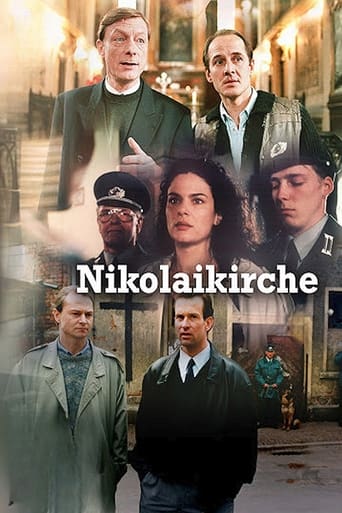


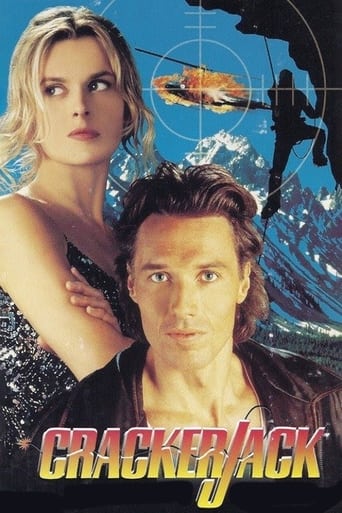

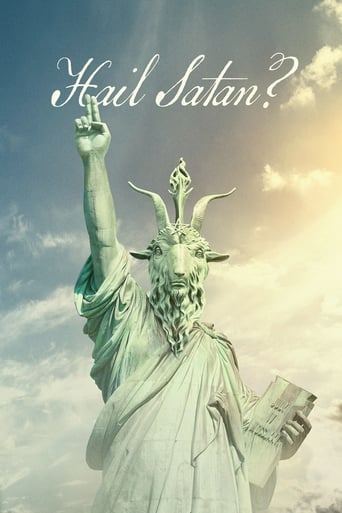





























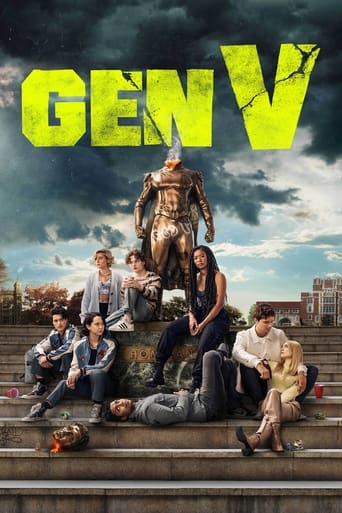
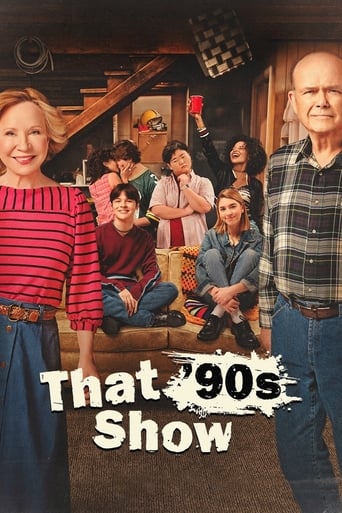
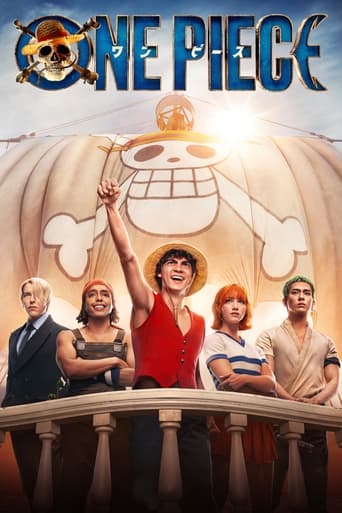
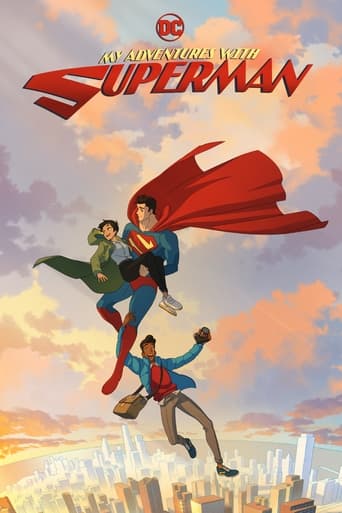
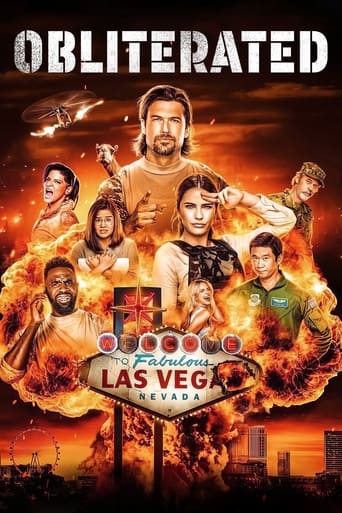
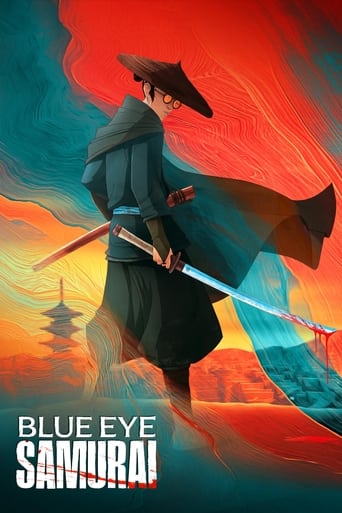
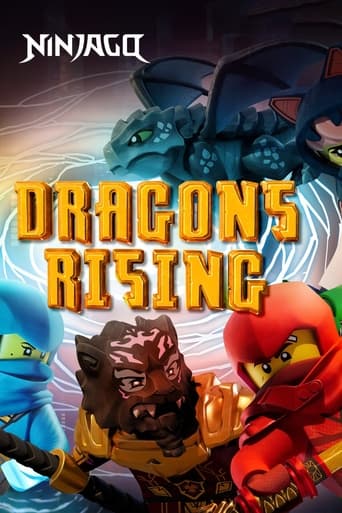
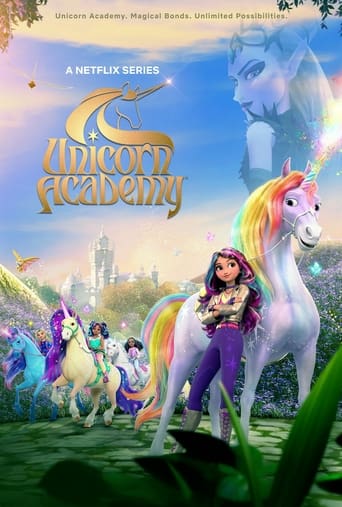
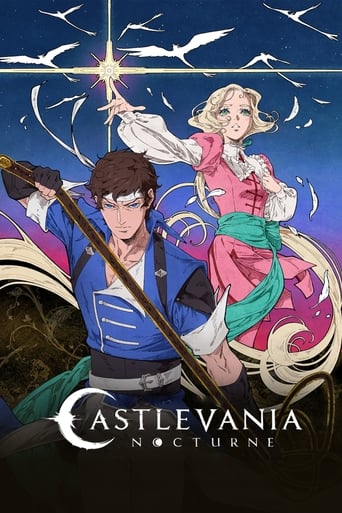


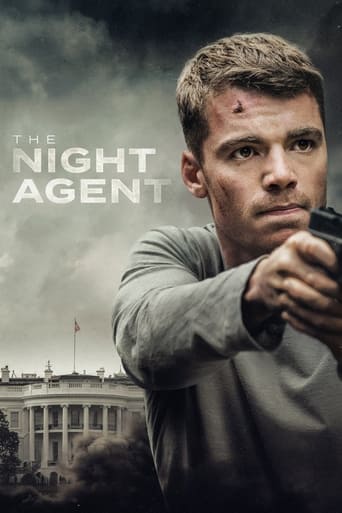
Year of the Gun
In this thriller, American novelist David Raybourne (Andrew McCarthy) accidentally becomes entangled in the Red Brigade's terrorist plan to kidnap Italian Premier Aldo Moro during a research trip to Rome. As the terrorists attempt to kill David, he and his photojournalist friend (Sharon Stone) must struggle to stay alive.